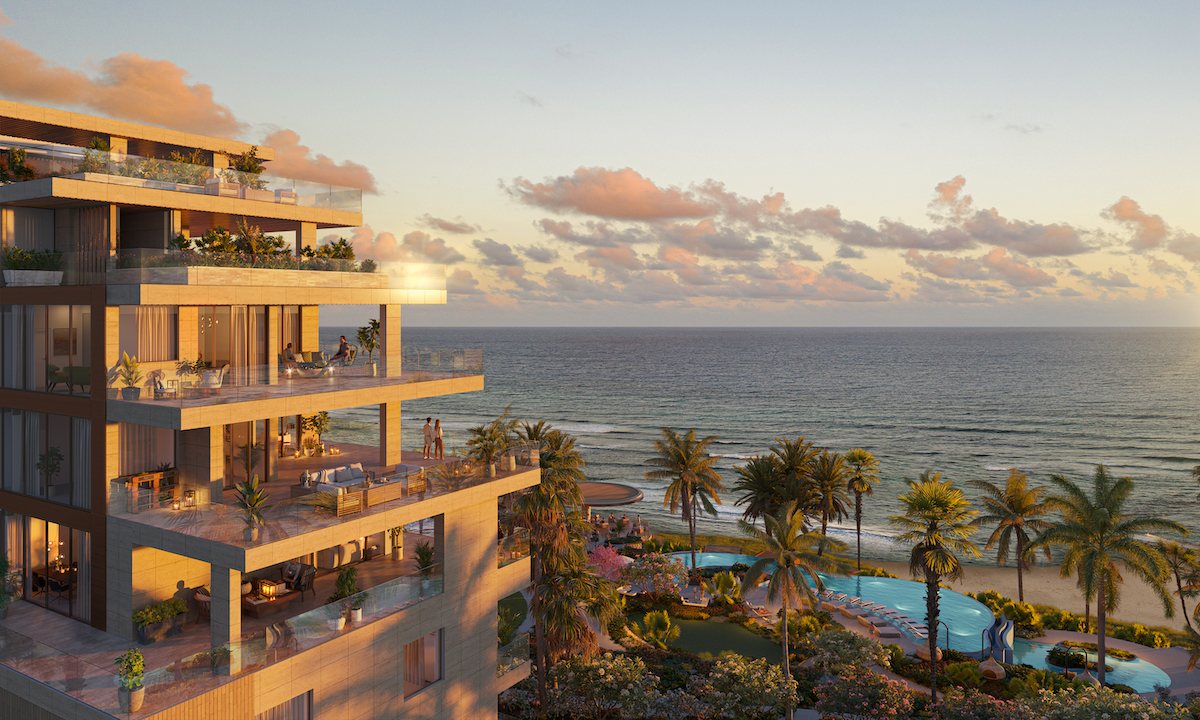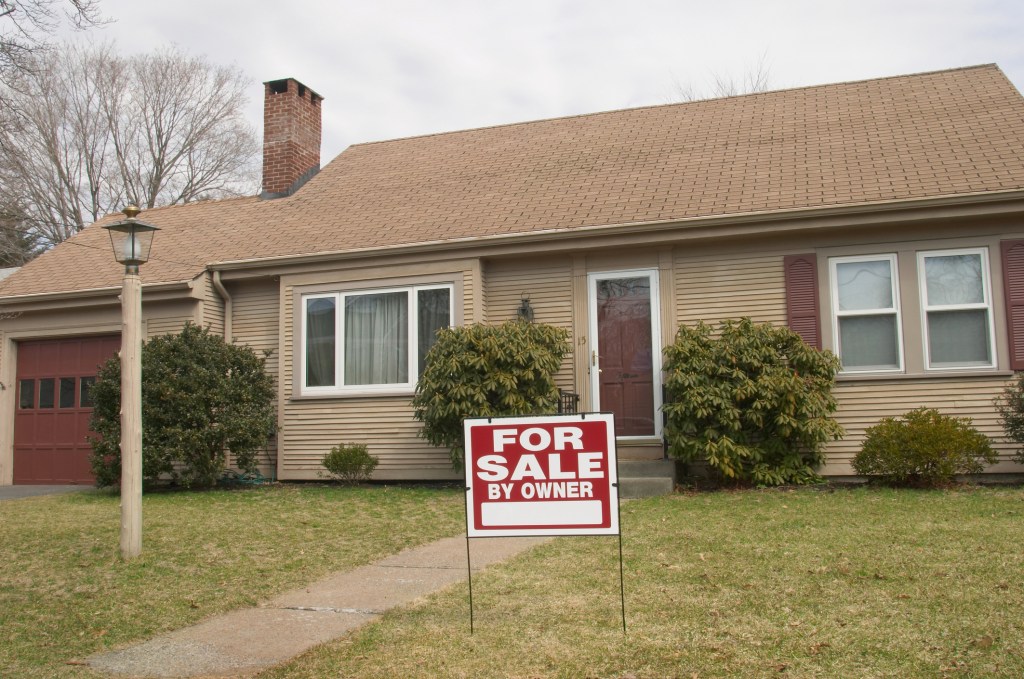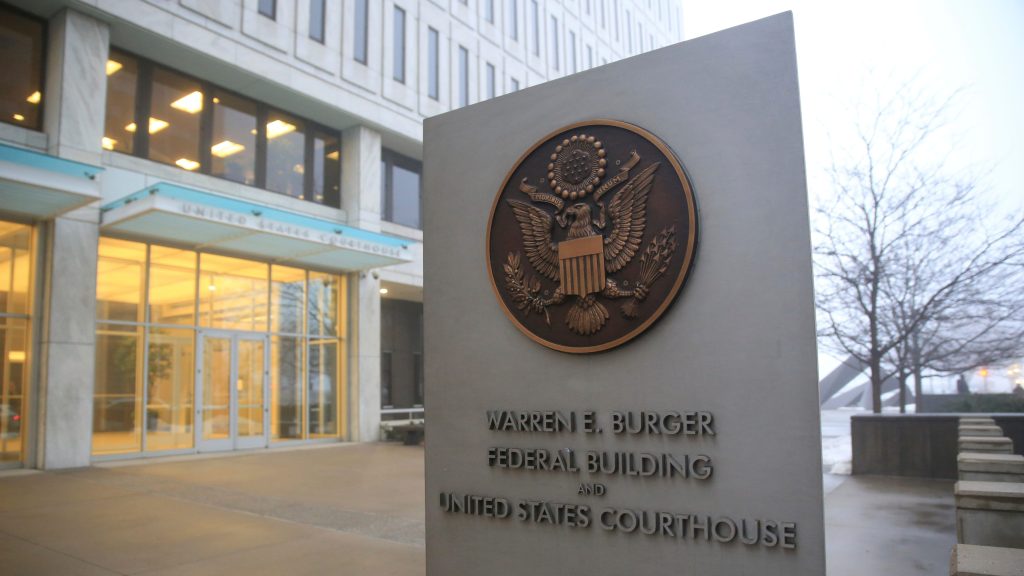R
etail payments are driven by user choice, yet for most of crypto’s existence shoppers have avoided it at checkout. That trend is shifting in niche markets, notably luxury real estate, where new payment models surface before reaching everyday stores.
Bitcoin’s 2008 white paper outlined a clear peer‑to‑peer electronic cash system. Over time, this vision has gained traction in high‑end property markets, where buyers are accustomed to managing wealth digitally and traditional payment friction is high. Credit cards first appealed to business travelers and affluent consumers before spreading to the masses; digital wallets followed a similar path, moving from urban transit to e‑commerce before grocery aisles.
The recent decision by Mandarin Oriental, Grand Cayman, to accept cryptocurrency for its multimillion‑dollar private residences exemplifies this shift. The oceanfront resort, slated to open in 2028, is testing crypto payments in a sector where stakes are large, conventional banking is cumbersome, and buyers already hold digital assets.
Gregory Surabian, senior managing director of Melkonian Capital Management, which leads the project’s sales, says the move reflects buyer behavior and showcases innovation. “We’re adding crypto as a payment option because buyers are increasingly interested,” he told PYMNTS. “Many already hold digital assets, so allowing them to purchase with crypto aligns with how they manage portfolios.”
The project capitalizes on Cayman’s reputation as a lifestyle investment hub. Of the 42 planned residences, nearly half are sold even though the development remains in pre‑vertical stages, indicating a market ready for modern payment methods. By accepting major cryptocurrencies such as Bitcoin and Ethereum, the development targets affluent, digitally native buyers.
Cross‑border property purchases often involve multiple banks, long settlement times, and volatile exchange rates. Crypto transactions can streamline these steps, reducing fund‑transfer friction and providing blockchain‑based transparency. “Flexibility and simplicity are key,” Surabian added. “For international buyers, crypto cuts the hassle of wiring funds and managing fluctuating rates.”
Adopting crypto for multimillion‑dollar deals introduces complexity. Developers must manage volatility, comply with anti‑money‑laundering (AML) standards, and deliver a seamless customer experience. In the Cayman Islands, any crypto facilitator must register as a VASP, meet AML regulations, and perform KYC and background checks. Buyers from various jurisdictions undergo legal review to ensure cross‑border compliance.
To protect against price swings, the project partners with intermediaries that convert digital assets into stablecoins or fiat currency at settlement. Parallel, Cayman’s first registered VASP specializing in crypto real‑estate transactions, provides the legal and compliance infrastructure while preserving the speed and flexibility crypto holders desire.
The process is straightforward: a buyer signals intent early to use a major cryptocurrency, completes KYC and compliance, and transfers funds to the designated wallet. Buyers enjoy faster settlement and reduced cross‑border friction; developers receive predictable fiat cash flows. “Both parties want volatility protection,” Surabian said. “We convert crypto payments quickly into stablecoins or fiat to safeguard everyone while keeping crypto’s benefits.”
Luxury real‑estate developers and their globally mobile clients face the same pain points as other high‑value markets: slow, costly cross‑border transactions, foreign‑exchange risk, and lengthy compliance checks. Yet early adopters in luxury markets embody the consumer archetype likely to drive broader change—globally mobile, digitally fluent, and increasingly willing to hold tokenized assets.















